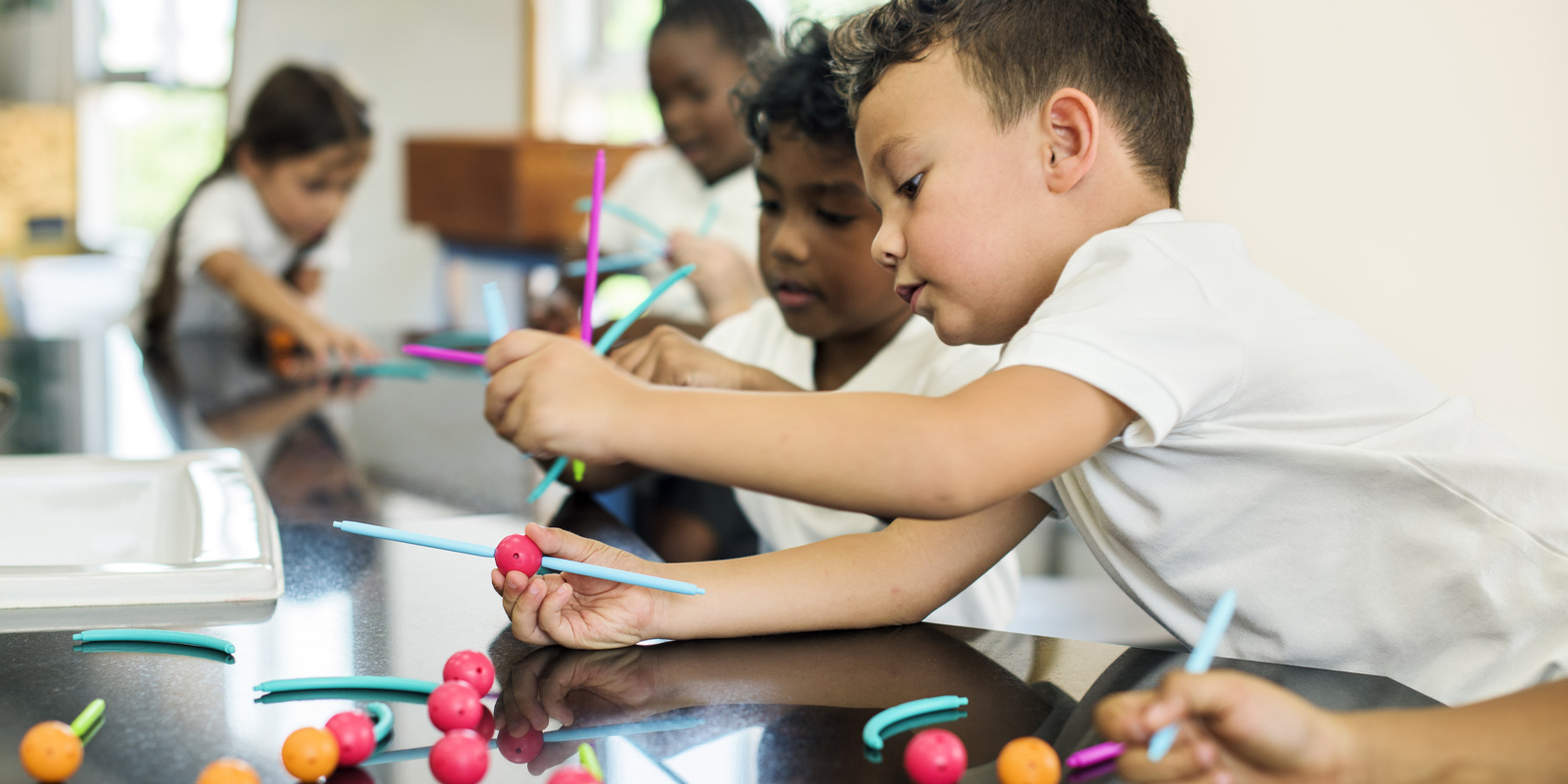Our friends at the Brookings Institution create remarkable work and we take great pleasure in sharing it with our audiences. This brief was first published by the Brookings Institution, which provided permission for us to share it.
Executive Summary
The American education system is not preparing all children to thrive. Amidst a national movement to dismantle systemic racism, our schools risk propagating educational inequity by design. Only the most affluent students receive the highest quality education that emphasizes student agency and engagement through collaboration and inquiry. Many schools across the United States remain trapped in an outdated “horse and buggy” model of education, particularly when instructing students from under-resourced communities. These schools frequently operate according to a “factory model” that emerged in the early 20th century to mold students for the industrial economy. Under this system, students are considered the “products” of the system with standardized assessments serving as “quality control” measures to encourage effective instruction.
Over the past several decades, we have attempted to repair the educational “buggy” through substantial reforms.
These include passage of
No Child Left Behind in 2002
and the development of the
Common Core State Standards beginning in 2009.
However, attempting to transform the industrial era “horse and buggy” model of education by incrementally adding new wheels and an upgraded engine is insufficient. Creating a revolutionary “Tesla” model of education is necessary for better attainment of 21st-century skills. Here, we offer an evidence-based approach to education inspired by research from the science of learning addressing
how children learn and
what children need to learn to be successful in the 21st century. Critically, the implementation of this framework must be flexible and culturally-relevant, while maintaining core principles that foster educational equity for all students.
Download the full brief from Brookings Institution here.
Footnotes
Anyon, Jean. “Social Class and the Hidden Curriculum of Work.” Journal of Education 162, 1 (1980): 67-92.
Serafini, Frank W. “Dismantling the Factory Model of Assessment.” Reading and Writing Quarterly 18, no. 1 (2002): 67-85.
Vinovskis, Maris A. From a Nation at Risk to No Child Left Behind. New York, NY: Teachers College Press, 2009.
No Child Left Behind Act, U.S. Code 20.
Council of Chief State School Officers, and National Governors Association Center for Best Practice. “About the Standards.” 2020, http://www.corestandards.org/about-the-standards
Know someone else who should read this?

Kathy Hirsh-Pasek
Senior Fellow - Global Economy and Development, Center for Universal Education Stanley and Debra Lefkowitz Faculty Fellow, Department of Psychology, Temple University
Kathryn Hirsh-Pasek is the Stanley and Debra Lefkowitz faculty fellow in the department of psychology at Temple University and is a senior fellow at the Brookings Institution. Director of Temple University’s Infant Language Laboratory, Kathy is the recipient of the American Psychological Association’s Bronfenbrenner Award for Lifetime Contribution to Developmental Psychology in the Service of Science and Society, the American Psychological Association’s Award for Distinguished Service to Psychological Science, the American Psychological Society’s James McKeen Cattell Award for “a lifetime of outstanding contributions to applied psychological research,” The Society for Research in Child Development Distinguished Scientific Contributions to Child Development Award and the Temple University Great Teacher Award and the University Eberman Research Award. She was a finalist for 2013 Best Professor of the Year for the American Academy of Education Arts and Sciences Bammy Awards. Kathy received her bachelor’s degree from the University of Pittsburgh and her Ph.D. from the University of Pennsylvania.
Roberta Michnick Golinkoff
Unidel H. Rodney Sharp Professor of Education, Psychological and Brain Sciences, and Linguistics and Cognitive Science at the University of Delaware and director of the Child’s Play, Learning, and Development laboratory
Helen Shwe Hadani
Brookings Institution
An expert in early childhood and creativity development, Dr. Hadani designs and evaluates products and environments that promote children’s curiosity and love of learning. As a fellow at the Brookings Institution, she leads the Playful Learning Landscapes project—an initiative that brings together the fields of developmental science and placemaking with the goal of improving child and community outcomes.
Elias Blinkoff
Brookings Institution
Elias Blinkoff is a graduate student at Temple University.







